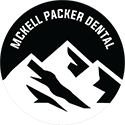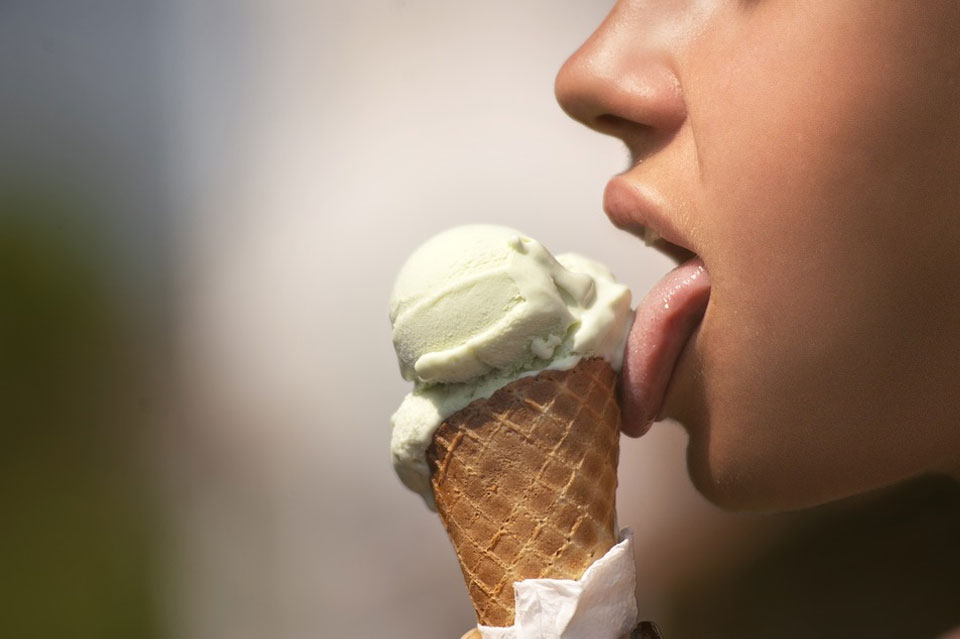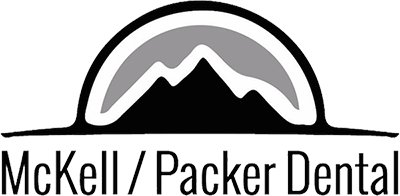Why do I Need to Clean my Tongue?
Bacteria builds up on your tongue the same as it builds up between your teeth. The surface of your tongue is covered in tiny bumps, called papillae. Between these bumps are grooves in which bacteria, dead skin cells, and food particles can become trapped. The rest of the tongue is covered in a layer of thin mucus that sits on top of the collected matter.
The bacteria and other debris trapped in the grooves of the tongue can cause bad breath and form a white film over the tongue. Additionally, the bacteria on the tongue can be transferred to your teeth and gums, increasing the likelihood of plaque and tartar buildup.
How do I Clean my Tongue Properly?
After brushing your teeth, simply brush your tongue while both your mouth and toothbrush have toothpaste residue. You clean your tongue by gently brushing your tongue from back to tip with a moistened toothbrush.You can brush your tongue, cheeks, and the roof of your mouth before rinsing to achieve an all around clean.
An alternative method to brushing is using a tongue scraper. These cleaning devices are easy to find and inexpensive. They’re designed to glide along the surface of your tongue, taking off the tongue’s layer of mucus, as well as the bacteria and debris that is trapped between the papillae.
They are easy to use and require you to place the scraper at the back of the tongue while sticking your tongue out. With even pressure, you slide the scraper down along the tongue’s surface towards the tip. Rinse the scraper and repeat. You should always work from the back of your tongue towards the tip, so that you do not ingest any of the harmful bacteria you are trying to remove. When your tongue is clean, thoroughly clean and dry the tongue scraper, and then brush and floss your teeth as normal.
How Often should I Clean my Tongue?
Cleaning your tongue should be a part of your daily oral health routine, the same as brushing or flossing. Bacteria begins to build up in the mouth soon after a cleaning, so it is important that your mouth is cleaned thoroughly everyday.
What if it Hurts or I Gag when I Clean my Tongue?
You may experience pain or discomfort from cleaning your tongue daily if you are brushing or scraping too hard. When cleaning your tongue, the amount of pressure used should be the same amount of pressure you use when you lightly hold your toothbrush or tongue scraper to your tongue.
Your tongue is made up of delicate skin, which can become inflamed or painful when irritated. Stop cleaning your tongue for a few days after feeling any discomfort, so that the tongue can heal itself and then try again with a much more gentle approach.
If you have a wound or sore on your tongue that is causing discomfort, you should not clean your tongue until it has healed, as you will only irritate the area and cause more damage when you brush or scrape your tongue. Be sure to visit your dentist for further advice on the wound or sore to ensure that what’s hurting you is not part of a larger health issue.
Individuals with a sensitive gag reflex will have difficulty cleaning their tongue as touching the back of the tongue can sometimes trigger involuntary gag responses. If you are sensitive, the key is not to rush it. Try cleaning your tongue slowly to get yourself used to the sensation. Stick out your tongue and, when you are about to touch a sensitive part, relax the tongue completely while exhaling fully. The action of breathing out generally overrides the gag reflex and allows you to clean your tongue without an involuntary gag response.


